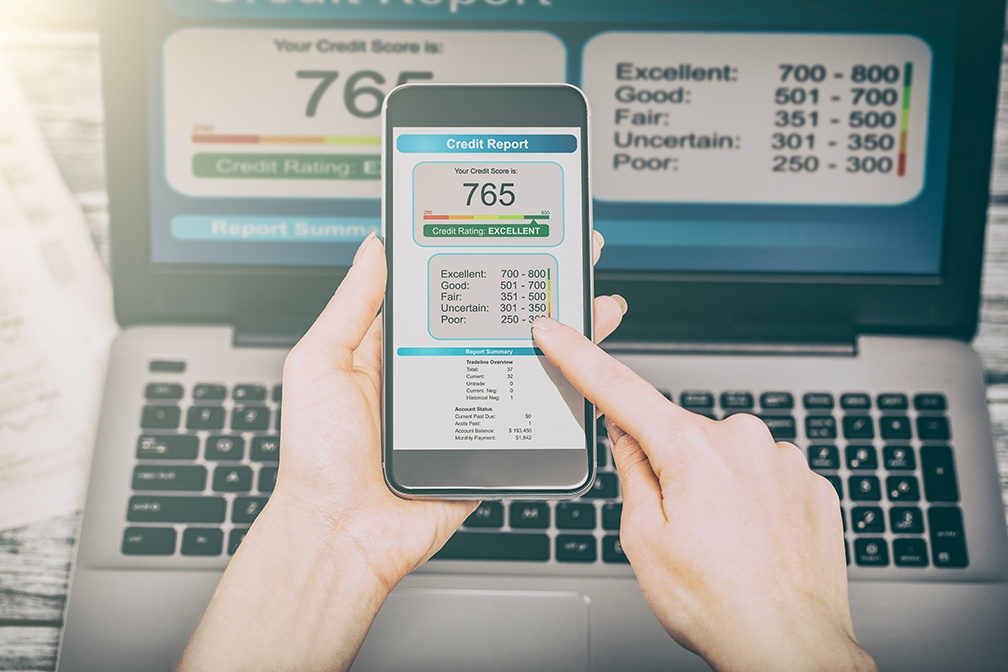Saving for a Mortgage Down Payment? 4 Tips That Will Help You Get There Faster
 For most people, the idea of saving more money each month is enough of a burden without having to think about investing in a home. A down payment, however, will require a lot more saving know-how and a lot more in liquid assets in order to be able to buy. If you’re trying to find ways to save a bit more each month, here are some sure-fire tips for raising the extra funds.
For most people, the idea of saving more money each month is enough of a burden without having to think about investing in a home. A down payment, however, will require a lot more saving know-how and a lot more in liquid assets in order to be able to buy. If you’re trying to find ways to save a bit more each month, here are some sure-fire tips for raising the extra funds.
Re-consider Your Commute
Outside of rent, there are few things that will cost as much money as owning your own vehicle, so instead of holding on to yours, you may want to consider putting it up for sale. While a vehicle costs a lot in gas, there are also costs for maintenance, insurance and parking that quickly add up. By foregoing this expense, you can easily save significantly!
Stick To Your Budget
It might sound like a silly tip, but actually sticking to your budget can make a big difference in how much you’ll save. While most people have a few rules to live by, writing down every receipt and monitoring the things you overspend on can make a marked impact on your surplus when all’s said and done.
Cut Down On Coffee & Lunch
With the hustle of everyday life, many people run out for coffee or lunch every day and forget that these costs add up over time. Instead of spending $5 or $10 here and there, take your coffee to go and make your lunches at the start of each week. It may not seem like much, but this can easily add up to hundreds in just a short time.
Change Your Phone Plan
Many people think that all of the conveniences that come along with a smart phone are a necessity, but data can come at a high price and it may not be worth paying. Instead of eating a high monthly phone bill, talk to your provider about what deals they can offer you and what you can cut back on. It may seem small at first, but it will add up to a lot by the year’s end.
It can seem insurmountable to try and save up enough for a down payment, but the little things that you spend on each day can easily add up. If you’re currently on the market for a home and are considering your saving options, contact your trusted mortgage professionals for more information.

 There are a lot of people who dream of owning a home one day, but few people have the cash to purchase a home outright. Therefore, you will probably need to take out a loan to buy a house; however, what happens if you cannot qualify for a loan with the traditional loan requirements? If you are not a W2 employee, you may need to go with a Non-QM loan. What do you need to know?
There are a lot of people who dream of owning a home one day, but few people have the cash to purchase a home outright. Therefore, you will probably need to take out a loan to buy a house; however, what happens if you cannot qualify for a loan with the traditional loan requirements? If you are not a W2 employee, you may need to go with a Non-QM loan. What do you need to know? Whether you’re just out of college, recently married or simply haven’t jumped into the market yet, buying your first home is an exciting prospect. It can also be an expensive one, which is why most people will take out a mortgage to help finance the cost.
Whether you’re just out of college, recently married or simply haven’t jumped into the market yet, buying your first home is an exciting prospect. It can also be an expensive one, which is why most people will take out a mortgage to help finance the cost.